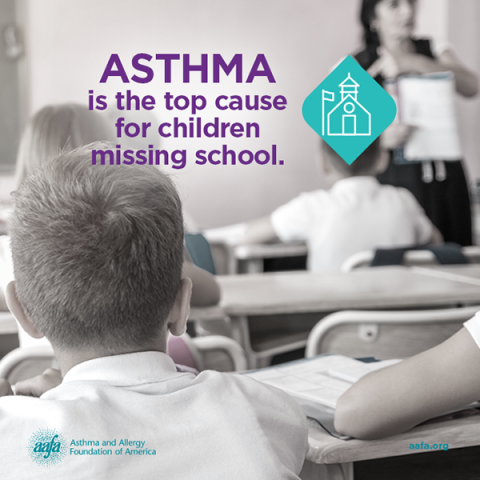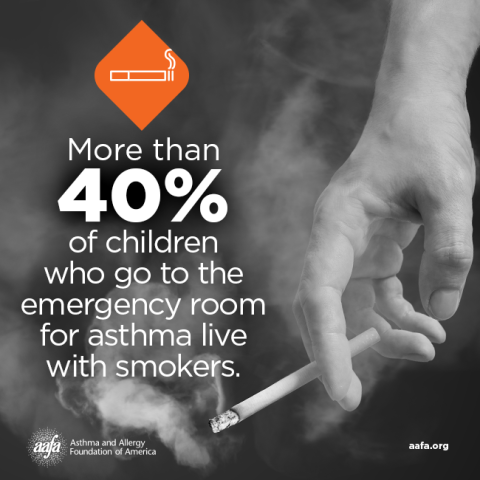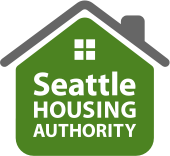Asthma in kids and teens: healthy lungs need healthy air
By Lisa Richter, Neighborcare Health

Asthma is a disease that affects the lungs and makes it hard for a person to breathe (learn more about asthma). No one knows for sure what causes asthma, but there are key factors that increase the risk.
- Asthma tends to run in families. Children with parents who have asthma are more likely to have it too.
- Allergies. People with certain allergies are more likely to also have asthma symptoms.
- A lung infection at a young age. Lung infections in babies or young children can cause permanent damage to their lungs.
- Air quality. Children who breathe polluted air outside or in the home are more likely to have asthma.
How does air quality cause asthma or trigger symptoms?

For the last few years, smoke from wildfires has caused poor air quality during the summer here in Seattle. Unfortunately, more wildfires are expected this season. The Puget Sound Clean Air Agency website reports the air quality for King, Pierce, Snohomish and Kitsap counties. When there is smoke in the air, people with asthma should limit their time outdoors and stay in buildings with air conditioning, if possible. More tips.
Air quality at home
Image


Asthma in children has also been linked to exposure to tobacco smoke at home. Tobacco smoke can prevent children’s lungs from growing healthy.
According to the AAFA, children who breathe secondhand smoke (smoke that is exhaled or comes from a burning cigarette) miss school more often because they are sick or in the hospital. Children with asthma who are around secondhand smoke have more asthma attacks than children with asthma who are not around secondhand smoke.
Other things in the air at home, such as pollen, mold, pet dander or waste from common household pests, can also cause asthma or trigger symptoms. If you live in a household with a child who has asthma, use this free checklist to help you and your family improve the air quality in your home.
Getting treatment
Childhood asthma cannot be cured and can continue as children become adults. Getting treatment early can help control symptoms and prevent asthma attacks and damage to growing lungs. Make an appointment with your child's medical provider if you notice:
- Coughing that is constant, off-and-on, or linked to physical activity
- Wheezing or whistling sounds when your child breathes out
- Shortness of breath or rapid breathing
- Complaints of chest tightness
- Your child has had bronchitis or pneumonia multiple times
This article was provided by Neighborcare Health, an SHA partner. Neighborcare Health is the largest provider of primary medical and dental services for low-income and uninsured families and individuals in Seattle. They serve more than 75,000 patients each year at nearly 30 medical, dental and school-based clinics. Find a clinic in your neighborhood. All are welcome at Neighborcare Health.
